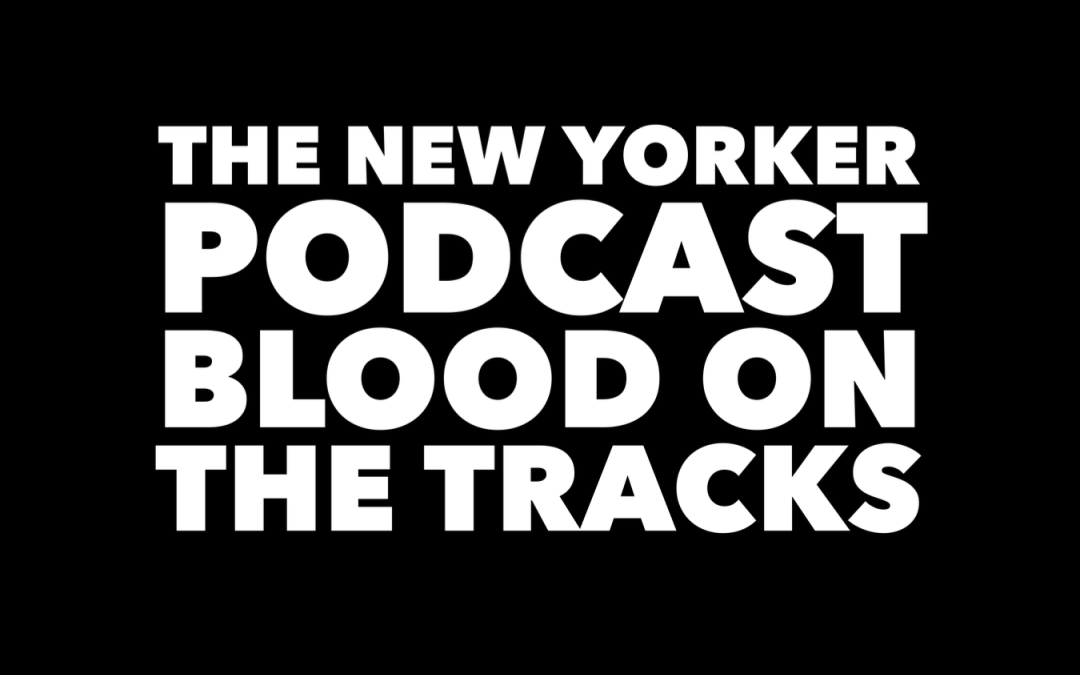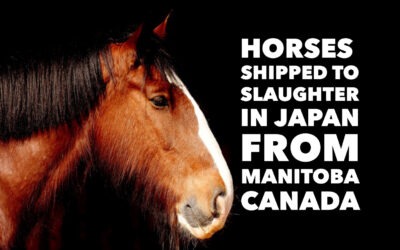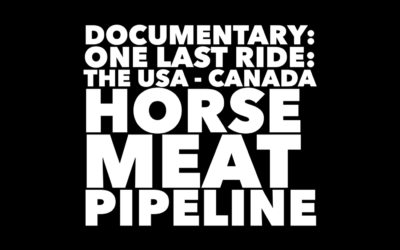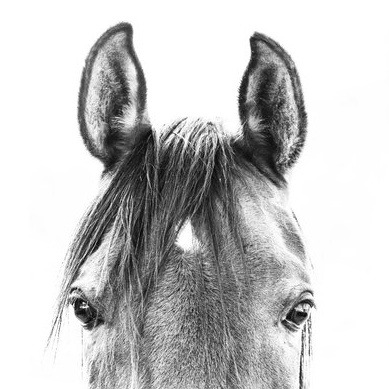CAN HORSE RACING SURVIVE?
In a time of changing sensitivities,
an ancient sport struggles to justify itself.
In 2019, dozens of thoroughbreds died at California’s Santa Anita Park.
As outrage built, the industry was forced to contend with an existential question:
Is racing inseparable from cruelty to animals?
MAY 15, 2021 – By William Finnegan
The linked article is long but a very worthwhile read or listen.
Yes, I said read or listen. There’s an audio file linked near the top of the article, a podcast – so you may choose to listen instead of reading.
Published in the print edition of The New Yorker on May 24, 2021, with the headline “Blood on the Tracks.”…
This article is a wealth of information about horse racing, in the United States and the information – and the industry – includes strong ties to Canada as well.
For that reason we’ve chosen to feature this article for a second time.
P.S. Our followers from Australia and New Zealand will find it interesting too.
What happened at the Breeders’ Cup World Championships in late 2019 looked like the end of horse racing in California, maybe in America.
It was the twelfth and final race of a two-day series, at Santa Anita Park, the storied track near Los Angeles. Sixty-eight thousand people packed the Art Deco grandstand, the apron, the infield, the high-priced suites.
The “handle”—the total betting for the day—was a healthy hundred and seventeen million dollars, but thoroughbred racingitself was on life support.
Since the beginning of the year, thirty-five horses had died at Santa Anita.
Public dismay had risen to the point that Gavin Newsom, California’s governor, had told the Times that racing’s “time is up” if it did not reform.
Dianne Feinstein, the state’s senior senator, had released a letter calling the Breeders’ Cup races a “critical test for the future of horseracing.”

T-SHIRTS IN SUPPORT OF HORSE RESCUE FUND
LIMITED TIME OFFER FREE SHIPPING CANADA & USA
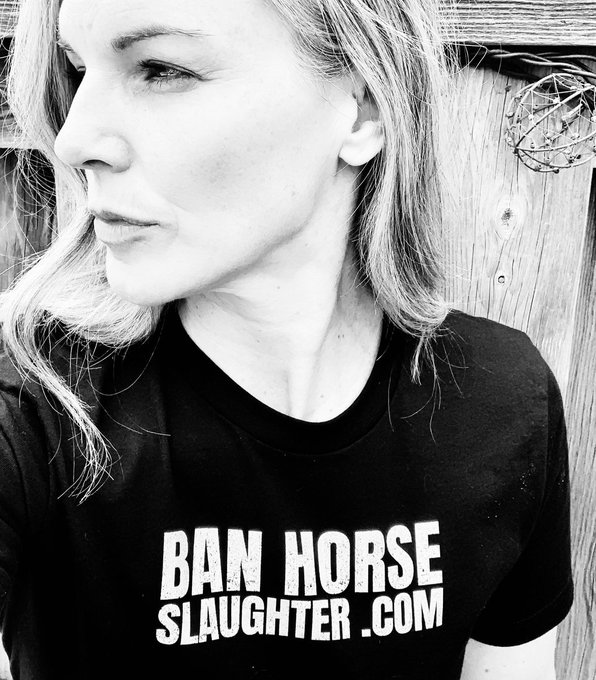
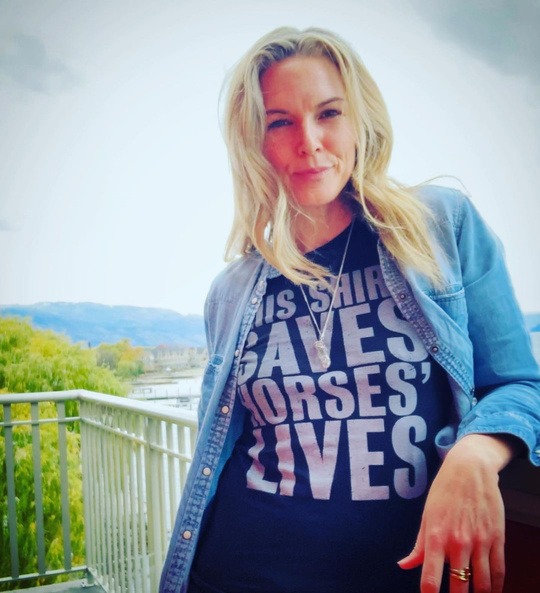
CANADA SLAUGHTERS HORSES FOR HUMAN CONSUMPTION
It may be hard for some to believe that tens of thousands of horses, including pets, are routinely slaughtered in Canada, for human consumption.
Some of the meat is consumed in Canada and much of it is shipped to the European Union and other markets, including Japan.
The barbaric slaughter of horses is currently not legal in the United States, BUT horses, including pets and ex-racehorses, from the United States are shipped to Canada and to Mexico to be slaughtered.
In addition Canada allows for the transportation of live horses to Japan, to be slaughtered for human consumption, and unfortunately the transportation of horses destined for slaughter within Canada, and by air, is far from humane.
CONGRATULATIONS REBEKA BREDER TEDX SFU
HORSE ADVOCATES FROM ACROSS CANADA & BEYOND WILL RECOGNIZE LAWYER REBEKA BREDER "Rebeka is the founding lawyer at Breder Law - Western Canada’s first exclusive animal law firm of its kind."We've lost track of the countless awards and recognition Ms. Breder has...
ANTI SLAUGHTER BILLBOARDS
THANK YOU WINNIPEG HUMANE SOCIETYA very special thank you to The Winnipeg Humane Society for launching a billboard campaign to stop live horse exportation from Canada to other markets for slaughter. Two billboards are now located on Pembina Highway and Portage Avenue...
DOCUMENTARY HORSE MEAT PIPELINE
CONGRATS JENNIFER OSBORNEThe documentary film, "One Last Ride: The U.S. - Canada Horse Meat Pipeline" has been shown worldwide in the last 6 months - at various film festivals. Even more impressive it's received rave reviews and awards time and again....

